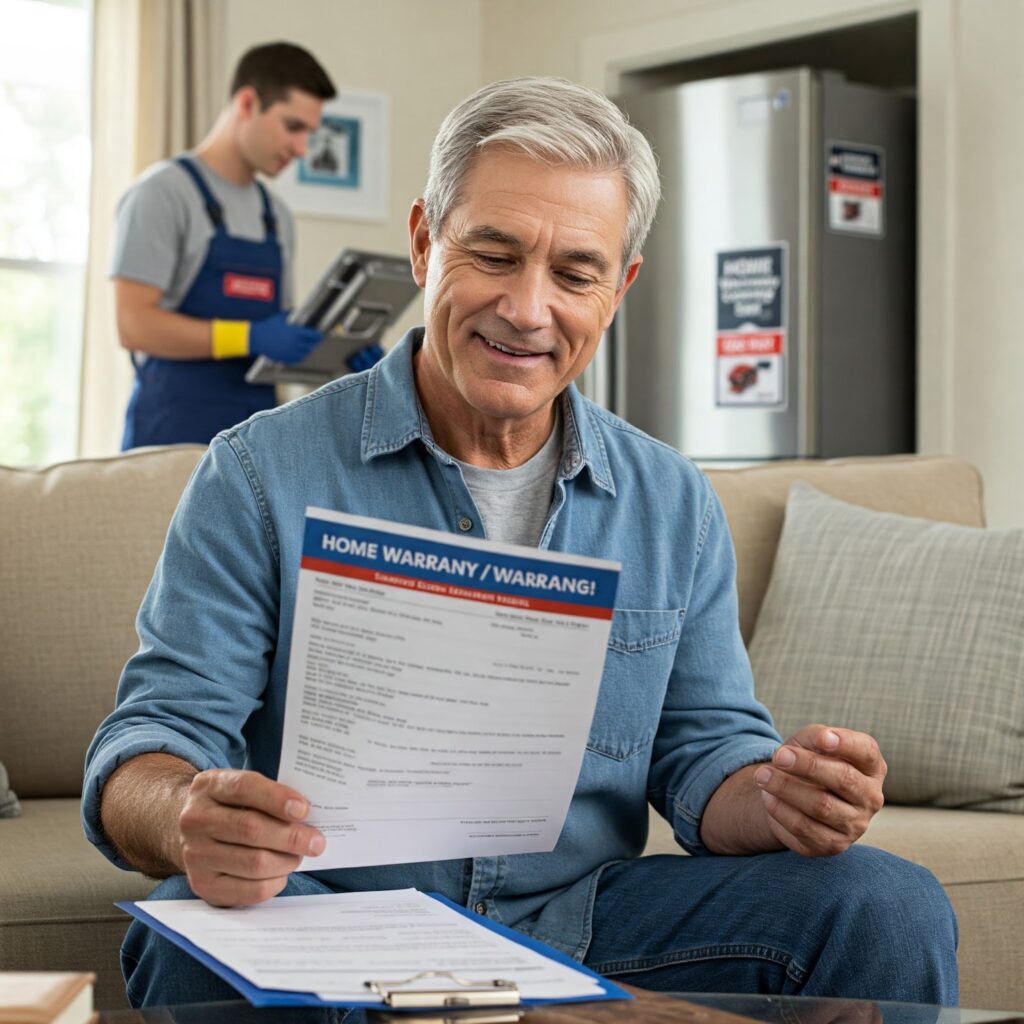What Is a VA Loan, and Who Qualifies for It?
1. A VA Loan Is Guaranteed by the U.S. Department of Veterans Affairs A VA loan is a government-backed mortgage that provides exclusive benefits for veterans, active-duty service members, and eligible surviving spouses. The U.S. Department of Veterans Affairs (VA) guarantees the loan, which means lenders are more likely to offer favorable terms with lower risks. Key benefits of VA loans include: No […]











